My Mother, The Ghost
"Where are the kids, the ones that were here a minute ago?" My mother, in the throes of dementia, was looking for my sister and me as children. Dementia is a brutal disease.
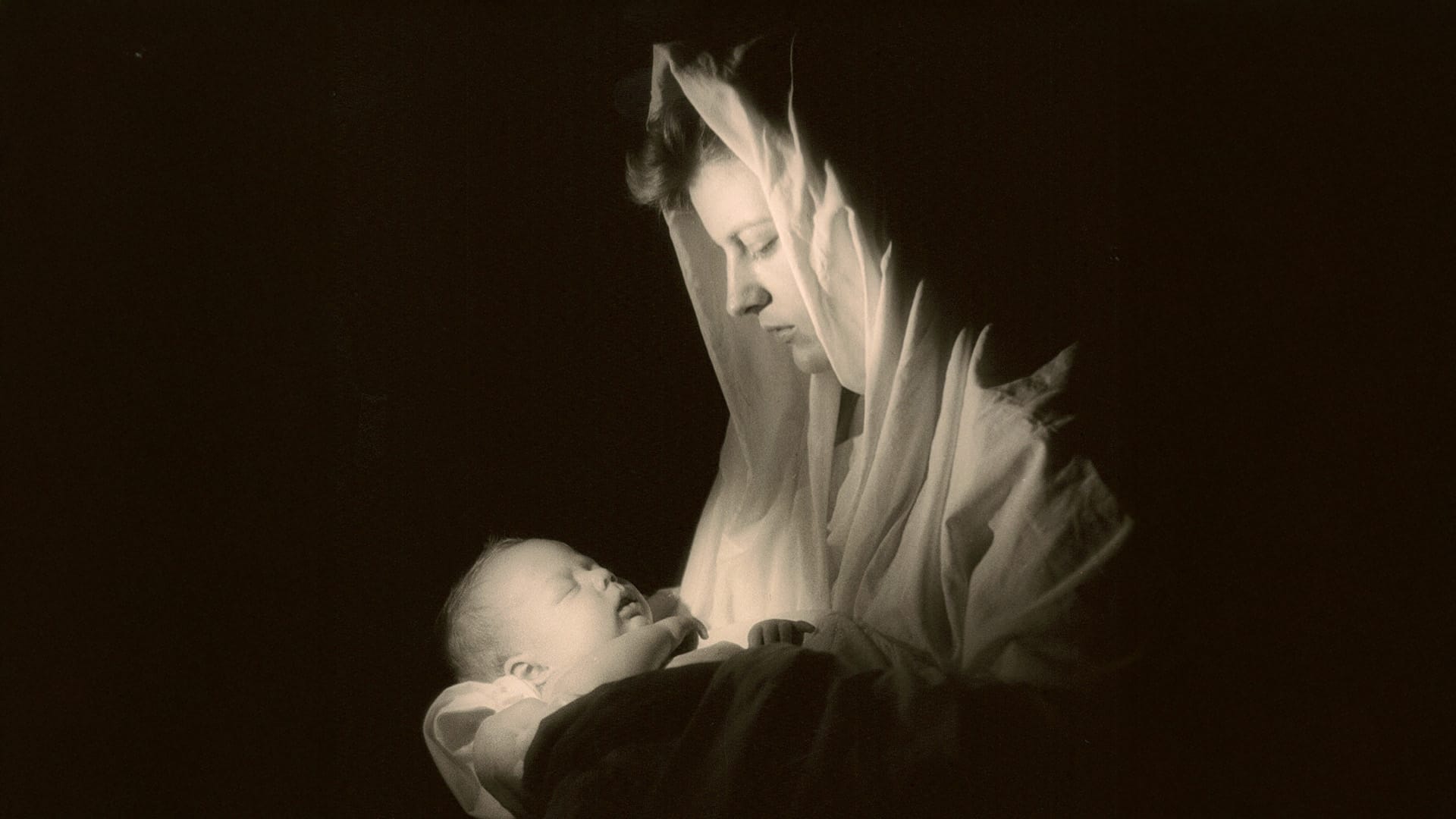
“Where are the kids?” Mom scrunched her eyebrows and looked at me, concerned.
“What kids, mom?”
“The kids, they were here a little while ago…”
Mom was in the throes of dementia. At this stage, she was still fairly physically healthy. She could get around, join us for dinner, and maybe watch something on television (though she would not recall what she watched, an hour or two later.)
I would try to understand who she was looking for. “Mom, what were the kids wearing? Maybe I can help you look?”
She would become slightly confused, shrug and turn to go to bed.
“She’s looking for you. She’s looking for you and your sister when you were young.” My sister-in-law understood perfectly. Mom was waiting up for us, probably as kids or teens, to make sure we safely returned… from playing outside, maybe coming home from a date. Like she did 50+ years ago.
Mom died this last week, just a few days after Mother’s Day. I’d like to tell you about her… though I appreciate that you may not want to read another online obit. We overshare and are self-indulgent on social media, but this is how we disseminate personal news and information. This is a long post, it is both my mother's story and about the dementia she suffered from. I've tried to include some information about the current state of research on Alzheimer's and dementia (spoiler alert, it's not good news), but I understand if you wish to move on. You can find a shorter online obit here if you wish.
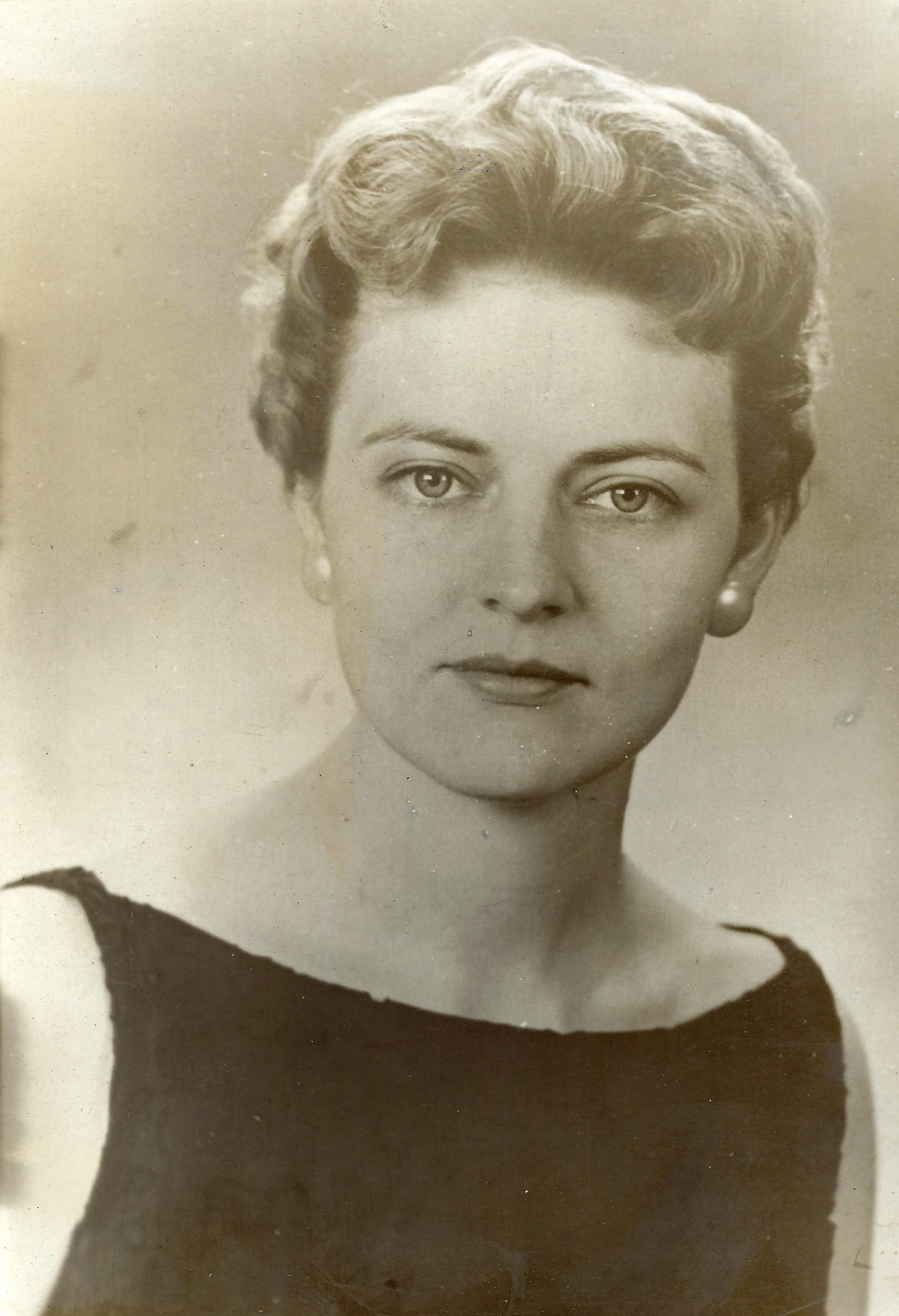
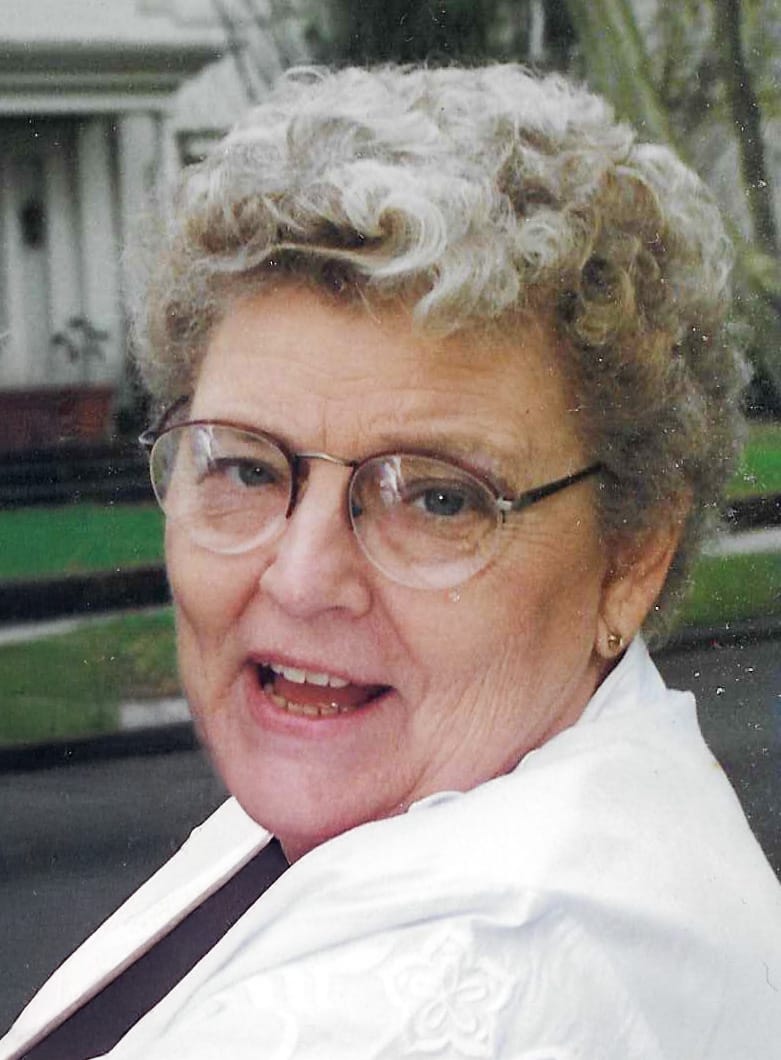
Constance Key Newlin was born in Corpus Christi, Texas, but grew up in the surrounding towns of Robstown, Sinton, and graduated from high school in Alice, Texas. Once, I asked her what it was like growing up in Alice. She giggled, and replied, “My daddy says I like it just fine!” (My grandfather worked for the electric utility in South Texas and moved the family around a bit to facilitate his rise through the ranks. He would retire as Sr. Vice President of Central Power and Light, having started with the company delivering 50lb blocks of ice to CP&L customers.) After high school, she moved to Houston to attend the Lilly Jolly School of Nursing to become an RN. City life appealed to her a bit more than the dusty streets of Alice, so she stayed.
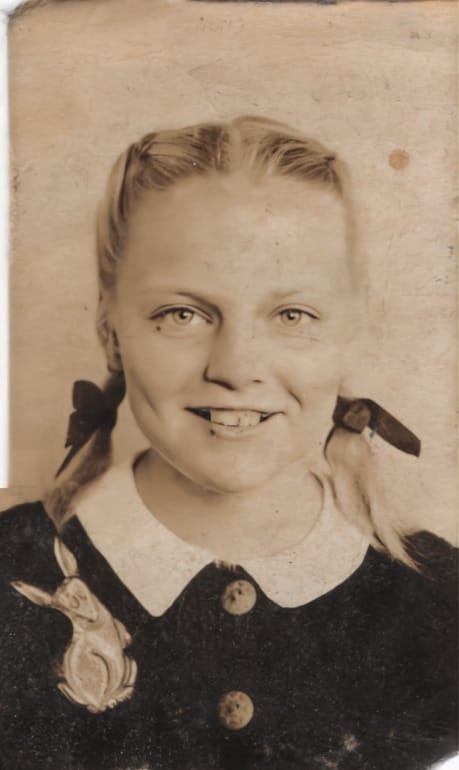
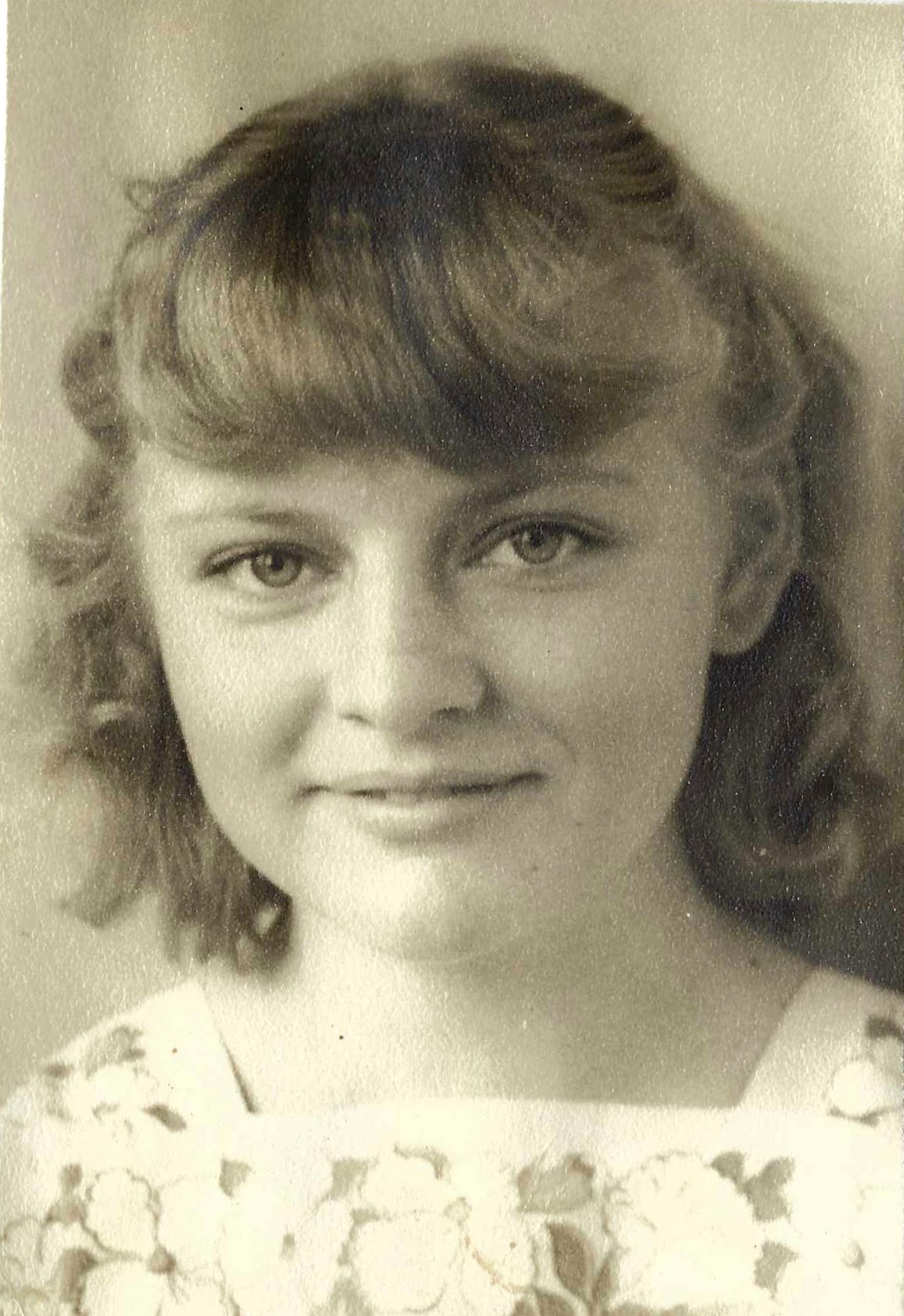
School photos.
Alice, by the way, during this time period, was ground zero for the infamous “Box 13” scandal. History buffs will recall that Lyndon Baines Johnson would win his Senate seat (which led him to the presidency) by having a local Democratic Party leader and political boss (George Parr) stuff the ballot box in Precinct 13 of Jim Wells County with fake votes.
Mom had nothing to do with this, honest.
But I digress.
Growing up during the Great Depression, Connie became a resourceful, self-reliant, and clever young woman. She was both a daddy’s girl and a mommy’s girl—just as comfortable fishing, hunting, and camping with her father as she was cooking, sewing, and helping raise her siblings alongside her mother.
Mom would marry a man whom she had known since childhood, and they would settle in Houston. He had graduated from the University of Texas with a journalism degree, and after working as a newspaper reporter for a bit, he took a job with a gas pipeline company in their PR department, a job he would hold until retirement.
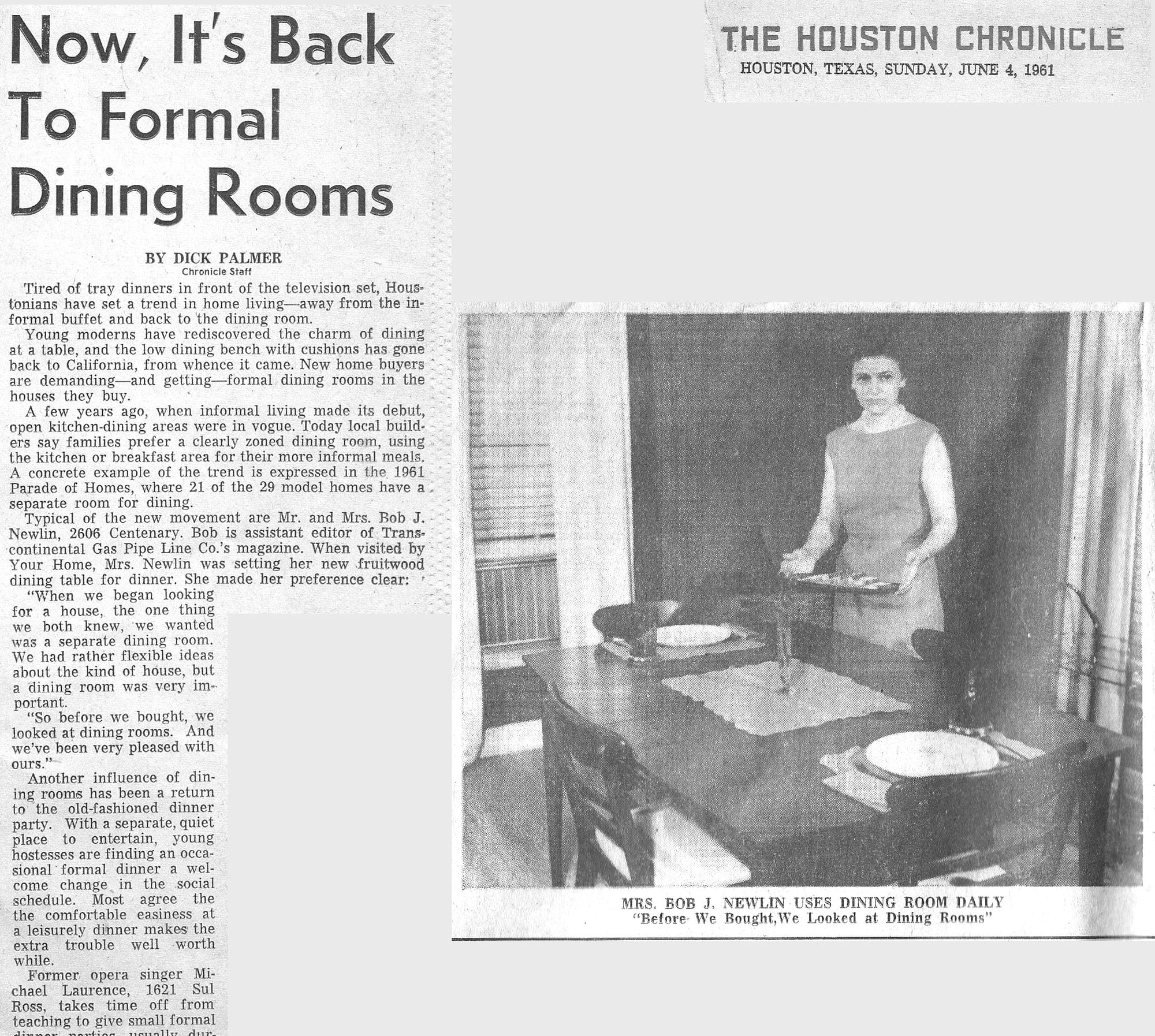
Mom would drop out of the workforce when I was born a couple of years later. Not too long after, she would deliver my sister. Remember, there were no “disposable diapers” in those days. Cotton cloth diapers were washed, often partially by hand after they had soaked in the toilet. I remember that we would do laundry at a laundromat. We did eventually get a washing machine, and Mom would hang the clothes out to dry on a line. There wasn’t a dishwasher until I was midway through elementary school. Mom could (and did) sew new or mend old clothes. We had a small black and white TV (13”?) that received the 3 local TV stations plus PBS. Dad would never get a color TV, because he had seen a couple of the early models and thought the colors didn’t look right. So we would never know that when Dorothy got to Munchkinland, it was all Technicolor. We assumed Oz was as gray and dull as Kansas. And mom would love me telling all of this like we all had fallen off of a broke-down Conestoga wagon on our way to somewhere else.
Socially/culturally speaking, it was a good time to be a kid in America, and especially Houston. It didn’t hurt to be born white, fairly middle class, and for me, male. Houston would start a growth spurt that continues to this day. NASA, Houston’s famous medical center, and the Astrodome were all born in that decade. Downtown grew wider and higher. Business districts sprang up everywhere. Except for a couple of oil downturns, the economy was always good. It was a great place to grow up; opportunity was everywhere. If you were interested in something, you could find it. The arts, food, education, employment, and cultural diversity were everywhere. Our ‘country-mice’ cousins and friends would come in from South Texas and we would excitedly show off the Battleship Texas, the San Jacinto Battleground, Houston ‘skyscrapers,’ and finally, Astroworld, much to everyone’s delight.
Mom loved the arts and made sure that we were exposed to all of them. Museums, the ballet, the symphony, movies, and the theater. She especially loved theater and musical theater. (Back then, public schools also routinely made field trips to these institutions.) “Cabaret,” “Man of La Mancha,” and “Jesus Christ Superstar” were in heavy rotation on our record player. Before there were fancy car stereos, I would record musicals and comedy albums (shoutout to George Carlin) onto an old, battery-powered cassette recorder to playback on road trips.
I was a skirt-clinging-mama-baby as a little kid. Some of it may have been due to an overbearing father. Or it could have been that I was a kid (and later a man) that was always in the most vertically challenged cohort in any room that I entered. As a (self-proclaimed) mutant child, I had no advantage and couldn’t see the point of most sports. They primarily seemed a chance to expose my shrimp-self to bullying. Theater seemed like something to explore further - less chance of broken bones and cracked skulls. By elementary school, I was hanging out with kids that, Mickey Rooney style, would find a barn and put on a play! With my mom’s excited encouragement, I would audition for community theater roles. I took acting classes from the children’s wing of the Alley Theater and did a stint in local TV commercials. My dad would often use me as a “model” for articles in his company newsletter. To the thrill of my mom, in Jr. High, I would land a role in a couple of plays at the Alley’s large stage. The High School for the Performing and Visual Arts had just established itself, and Mom encouraged me to audition. Truthfully, I was a little burned out on acting, but they had a “media technology” program (film, photography, TV) which I happily entered.
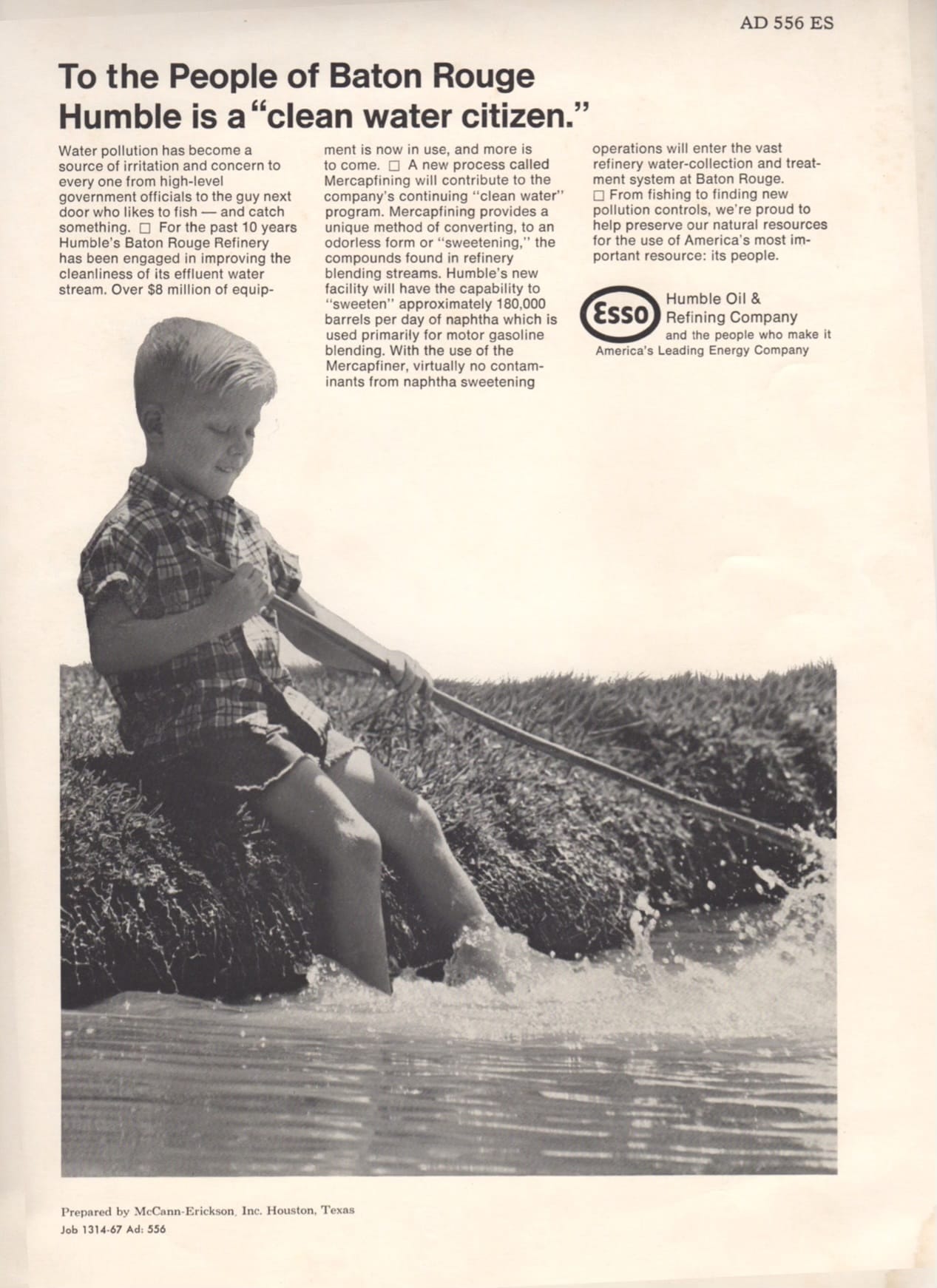
Mom had joined a local United Methodist Church (St. Paul’s in the museum district) when I was an infant, and there she found yet another supportive, loving group to be a part of. She taught Sunday School, helped with childcare, and eventually, she and her pals at the church would start a “Mother’s Day Out” program. This was a fairly new concept at the time – giving moms a few hours break from their kids to do a little self-care. It was just a couple of hours in the morning. Due to overwhelming interest, they expanded the hours and added another day of the week. The program would eventually become a fully accredited preschool. Much later, mom told me that other than Dr. Spock’s baby books, there was not much out there on child development or any kind of pre-school 'curriculum.’ No websites with “100 Ideas to Keep an Active Child Busy.” There certainly was no child-proofing of anything, per se. She said that other than story-time, a little playground period, and juice and cookies, they just made stuff up for the kids to do. Hopefully, none of the kids put their fingers in an electric socket or flew off one of those old-fashioned merry-go-rounds. Mom said that one time they thought it’d be fun to have the kids gather round the circle-rug and put a popcorn popper in the middle, lid-off, so the kids would watch the popcorn pop all over the place… Weeeeee!! The kids laughed and giggled as the corn went flying. Suddenly, an unpopped, hot-as-grease kernel went sailing down a little kid’s shirt. Whereupon the child screamed, clutched his hand to his chest, thus further driving the fiery little booger deeper into his skin. Another of her colleagues said that when they got bored, they would pile all the kids into the teachers’ autos (maybe a dozen or more kids in two cars) and drive them to their homes for a “tea party.” No seat belts in that era, just big, solid, metal dashboards. If it happened today, the lawsuits would never end. But, fun!
Meanwhile, at home, as we grew older, an unhappy undercurrent slowly became a riptide. My dad, always a distant parent and husband, became more aloof, and his temper went from somewhat mercurial to routinely threatening. No surprise, it was fueled by alcohol. And it was getting worse. So we did what all families of alcoholics do... learn to step around the elephant in the room. Quietly, gently, you try not to wake up the sleeping elephant. And no matter how hard you try, the elephant always wakes up.
A lot of families deal with alcoholism, ragers, and all the emotional and sometimes physical abuse that entails. Most everyone knows early on in life that Leave it to Beaver, or Father Knows Best is not what American families look like. But seeing those old shows still made you long for a little stability and a little normalcy, whatever that was.

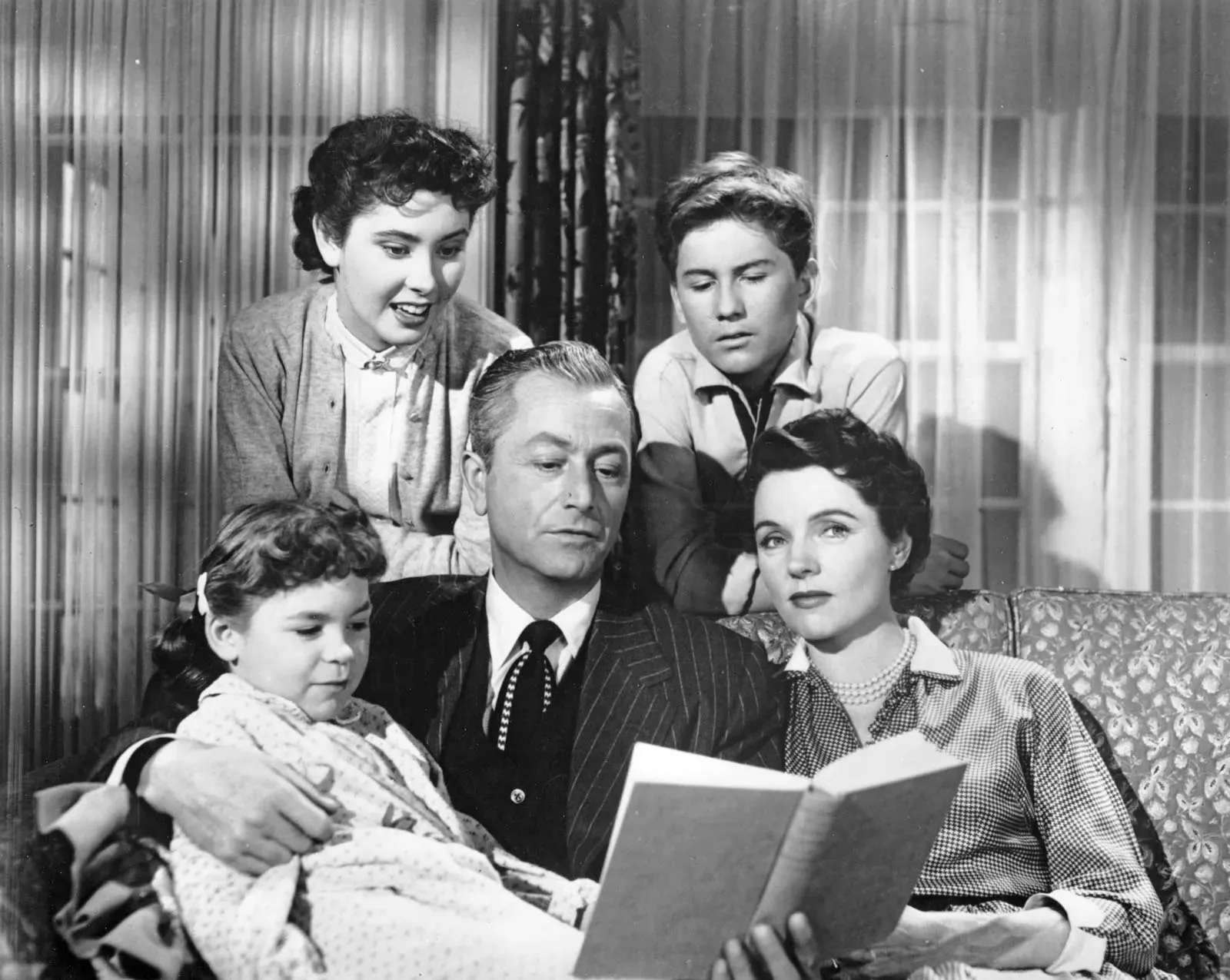
Above: Not my family. Leave It to Beaver; and Father Knows Best. A couple of typical late 50s sitcoms about atypical families. Both headed by patriarchal but benevolent fathers. These shows had reruns that ran well into the 70s and beyond.
And here's where it gets weird. Probably the reason he was unstable and abusive and alcohol dependent... he was in the closet. Of course, we didn't realize it at the time, though certainly my mom must have. He had a "friend" who was his constant companion. He dined with us, and they often traveled together, and spent weekends at a beach house. Don't get me wrong, he was a nice guy... we often wished he was our dad and not the other way around. Often, it was nice for all of us to have a buffer from my dad. Still, my mom cooked dinner for them and tolerated this bizarre arrangement. Yeah, there are a few graduate studies and theses that could be written on this one.
Why did she put up with this? Probably it was the fact that my mother had a passive nature, and more importantly, the culture at that time was still dominated by patriarchal rule. Women were expected to be loyal wives; their primary role was still that of homemaker, and divorce still had a stigma to it. Like many women, she had been out of the work world for so long that she could not imagine being a single parent and having the resources to raise two kids. Later in life, my mother told me that she regretted not going further with her education. She was incredibly intelligent, but it was an era when most women, if they worked professionally at all, became teachers, nurses, or secretaries. I doubt anyone consciously limited her growth (maybe my father, but certainly not her family), but she was a go along to get along lady. Sometimes to a fault.
Luckily, mom made friends easily and we had multiple circles of social interaction and support. We could find refuge and fulfilment with my grandparents, aunts, uncles, cousins (on both sides of the family!)... our church, scouts, our extracurriculars... We were forever on a tight budget, but my resourceful mom (and a generous city in a generous time in history) always found a way to keep us active. There were library "bookmobiles," free concerts and theater in the park, rodeo parades, and street festivals.
It was never a doubt that we would go to college. Paying for it was going to be a leap of faith. Back then, state tuition was not much over $1o0 a semester (today it averages about $6,000.) Though I had a great experience at HSPVA, home life was getting even more tense. Realizing that my dad wasn't going to be much help in buying a car or a camera or getting me ready for school, I worked after school and in the summer. This resolve certainly readied me for adulthood, but no doubt resulted in a lifetime of unhealthy coping skills.
The elephant was restless at home. Dad's career stalled and mom was doing some part-time work; I'm sure he felt like he was losing even more control. (Sound familiar?) His drinking worsened. More than one holiday party resulted in Dad under the Christmas tree.
I don't remember what the last straw was, but when my mom took me up to college orientation, she announced that she was not going to return home to my dad. (She had separated about a week before.) After a deep breath, she told me that she stayed with him so long "for you kids." I told her that if she had wanted to do something for us kids, she would have left him years before. l regretted saying it later, but she didn't flinch.
The divorce was tough to go through, but her friends and family (and especially her children) were glad to see her free. Her church lady friends gave her a "Happy Divorce Gift" of... a color TV. Oz was now in color. They all decided to take her out to celebrate... to the local Chippendales bar to see male 'dancing.' I would later ask her what THAT was like, and she answered, "It was like watching you run around here in your underwear." For the record, I deny that I ran around in front of my mother in my underwear. Not with one of those stupid bow ties on, anyway. What's the point? She wouldn't tip me.
Within a couple of years, she had moved back to Corpus Christi to live with her parents, renewed her RN license, returned to nursing, and was really enjoying life. My grandparents loved having her. They went on a couple of cruises and some long weekends in Vegas - it was the happy retiree playbook. Life was good for all. The elephant was gone and on his own.
My nephew and niece went to elementary school nearby, and my mom and grandmother practically ran an aftercare program for them. She was happy for me when I got married and became a stepfather. It wasn't long before we had a son, and she was overjoyed to hold a baby again. He called her "Nonnie" and the name stuck - for everyone. Holidays now meant babies and kids and laughter and the absence of elephants.
My grandfather passed of natural causes. My mother, the nurse, would care for him until the end. I thought the ladies would fall into a funk, but they picked themselves up fairly quickly and once again embraced life. My grandmother was feisty, fun, and funny - a force to be reckoned with. They were more like sisters than mother/daughter. Those were some of the happiest days of Nonnie's life.
My grandmother lived into her 90s, my mother would care for her during her decline, too. When she died, my mom passed into a depressed state. She still enjoyed holidays with all the kids and remained overjoyed to watch my son grow up, but between losing her parents and many of her contemporaries, Nonnie lost a little bit of her spark.
It wasn't too long before she would start to forget things, or maybe misplace something. Well, we all do. Her doctor said that it was just normal aging, nothing to be worried about. And for a couple of years, that was right. She might spend 10 minutes looking through a purse, determined that her keys had to be there. For a person who had been a Girl Scout AND a Cub Scout leader, it did seem odd - she was a VERY organized person. She forgot names easily and would get mid-story and lose her train of thought. Hell, I assured myself, I do that every day, now! At some point, she voluntarily gave up driving. She never found herself in Mexico wondering how she got there, but she admitted that she felt uncomfortable behind the wheel. On holidays, we would either try to get down to see her at some point, or my sister and/or her wife would bring her to Houston. One time, we decided that she could fly up and I could pick her up at the airport. I met her inside the terminal as close as I could get to the gate. To see her walking amidst the throng of holiday travelers, finding her way yet looking like little-girl-lost, (or more accurately, little-old-lady confused,) her condition really set in.
You've probably had a loved one or friend go through this; if not, you most likely will. "There are currently estimated to be over 55 million people worldwide living with dementia. The number of people affected is set to rise to 139 million by 2050. A new case of dementia arises somewhere in the world every 3 seconds." Researchers now believe that 42% of Americans over age 55 will eventually develop dementia. Aging of the U.S. population will cause the number of new dementia cases per year to double by 2060.
But there's more bad news. The predominant theory that leads the research of the disease and treatment of Alzheimer's is the amyloid hypothesis.
The amyloid hypothesis holds that sticky plaques and other so-called amyloid-beta proteins build up in the brain and prompt changes that cause Alzheimer’s disease’s cruel decline, gradually stealing a person’s mastery of everyday life, cherished memories and, finally, their sense of self. In the early 1990s, legions of researchers began to sign on to the idea that removing amyloid from the brain could stop or reverse that process. But anti-amyloid drugs failed time and again. Then, in 2006, an animal experiment published in the journal Nature identified a specific type of amyloid protein as the first substance found in brain tissue to directly cause symptoms associated with Alzheimer’s. Top scientists called it a breakthrough that provided a key target for treatments. The paper became one of the most cited in the field, and funds to explore similar proteins skyrocketed. -Charles Pillar in the New York Times
In 2023, the drug "Leqembi" was approved. It was to flush amyloids from the brain, at a tremendous cost to the patient.
"...there are serious concerns about the new drugs. For tens of thousands of dollars per person annually — plus costly diagnostic scans — they offer benefits so slight that many neurologists say they may be imperceptible to patients and their loved ones. Such drugs also can cause dangerous brain swelling and bleeding. The F.D.A. required warnings of fatal side effects on each drug’s product label. The drugs also mysteriously shrink the brain much faster than Alzheimer’s itself, with unknown long-term effects. Despite the fanfare of Leqembi’s approval, few patients have taken it." -NYTimes
That's not the half of it. In his research, Pillar found that the original study that produced the amyloid hypothesis was flawed, and he alleges that some of the data was faked. "...after most of its authors conceded technical images were doctored, the paper was finally retracted. Days later, a City University of New York scientist behind a well-financed, controversial Alzheimer’s drug was indicted on charges alleging research fraud."
In an era where half of the general public refuses to "believe" in the efficacy of vaccines and takes cues from a Secretary of Health (RFK, Jr.) who dispenses vax skepticism along with snake oil cures for disease, science is under fire on multiple fronts. When so-called serious scientists are caught cherry picking or even faking data, publishing fraudulent results, and promoting expensive, questionable cures, all of science is compromised. The public is justified in doubting science in full and taking up with the likes of RFK and Dr. Oz in believing any absurd conspiracy theory that they are willing to promote and profit from.
There is still legitimate research that continues. There are multiple types of amyloid-beta proteins, and there is a consensus that they are a major piece in the puzzle. But multiple factors probably play a role, factors such as inflammation, genetics, hearing loss, blood pressure, obesity, diabetes, depression, diet... which factors and in what combination is the monster question.
New ideas are being tested, new drugs are being studied, but it's a long process. Who knows if this administration will support or even fund the decades-long research necessary to bring an effective treatment to market? Scientists are now looking at off-label uses of already approved drugs to see if they might have an effect on various forms of dementia. The so-called "fat shots" (semaglutides like Ozempic) are being looked at, as well as hydroxychloroquine (yes, that hydroxychloroquine) for their anti-inflammatory properties.
As costly as this research is, the disease has a higher price. Not in just the life and death cost to the patient, but the extremely long arc of the disease. There is constant patient care, drugs, doctors, hospitals, and hospice. There is also the cost in lost productivity for family caregivers - it becomes a 24-hour job.
We were lucky only in the fact that my mom's personality didn't shift wildly, which can happen. My wife's grandmother went from a very sweet lady to a fairly mean one. She would chase the kids around the house, scaring the hell out them. Other patients can become "wanderers" and sneak out of the house or even try to drive themselves away. (You've seen the "Silver Alerts" on highway signs, that's what that is.) My mom remained passive and content.
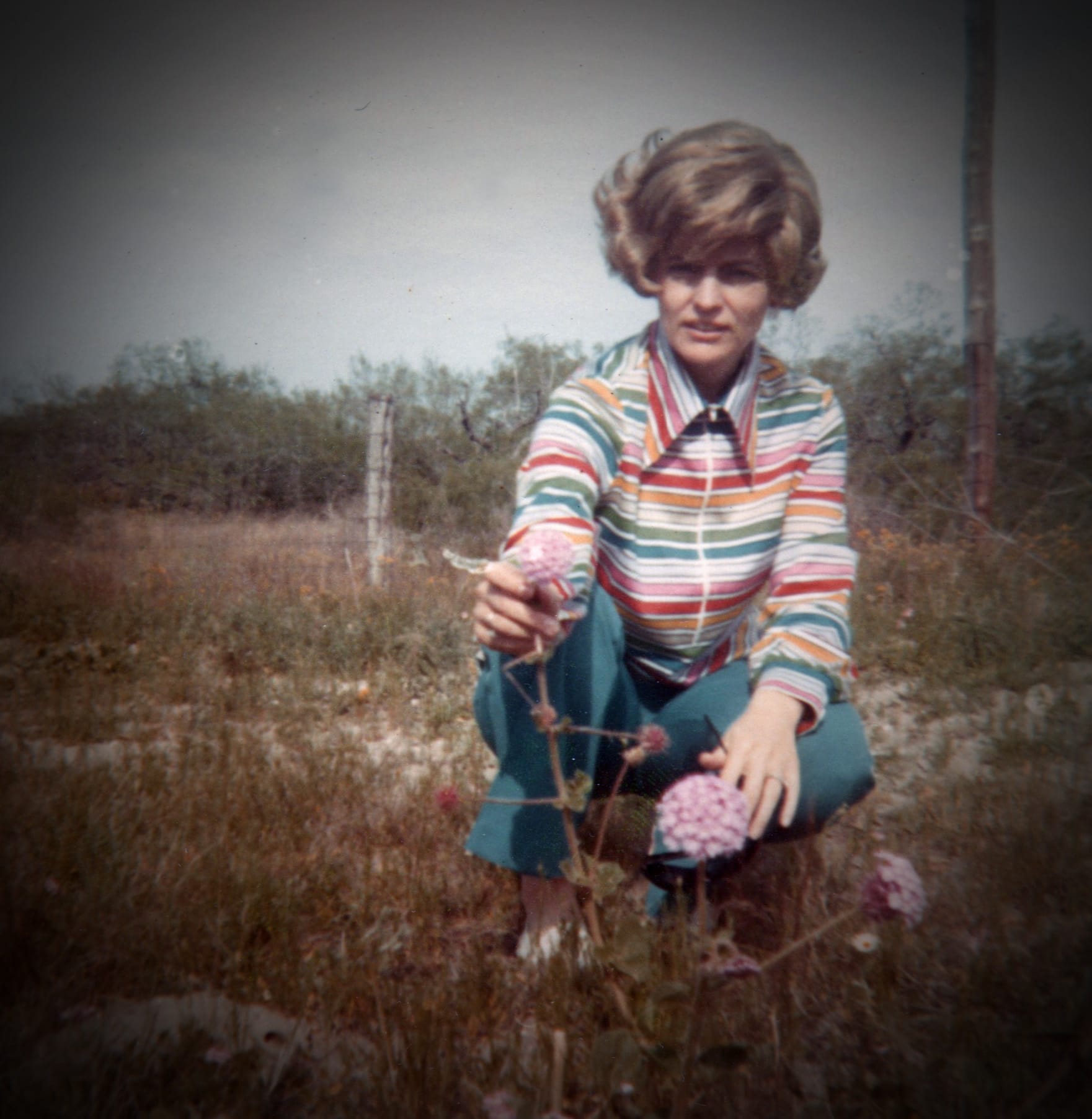
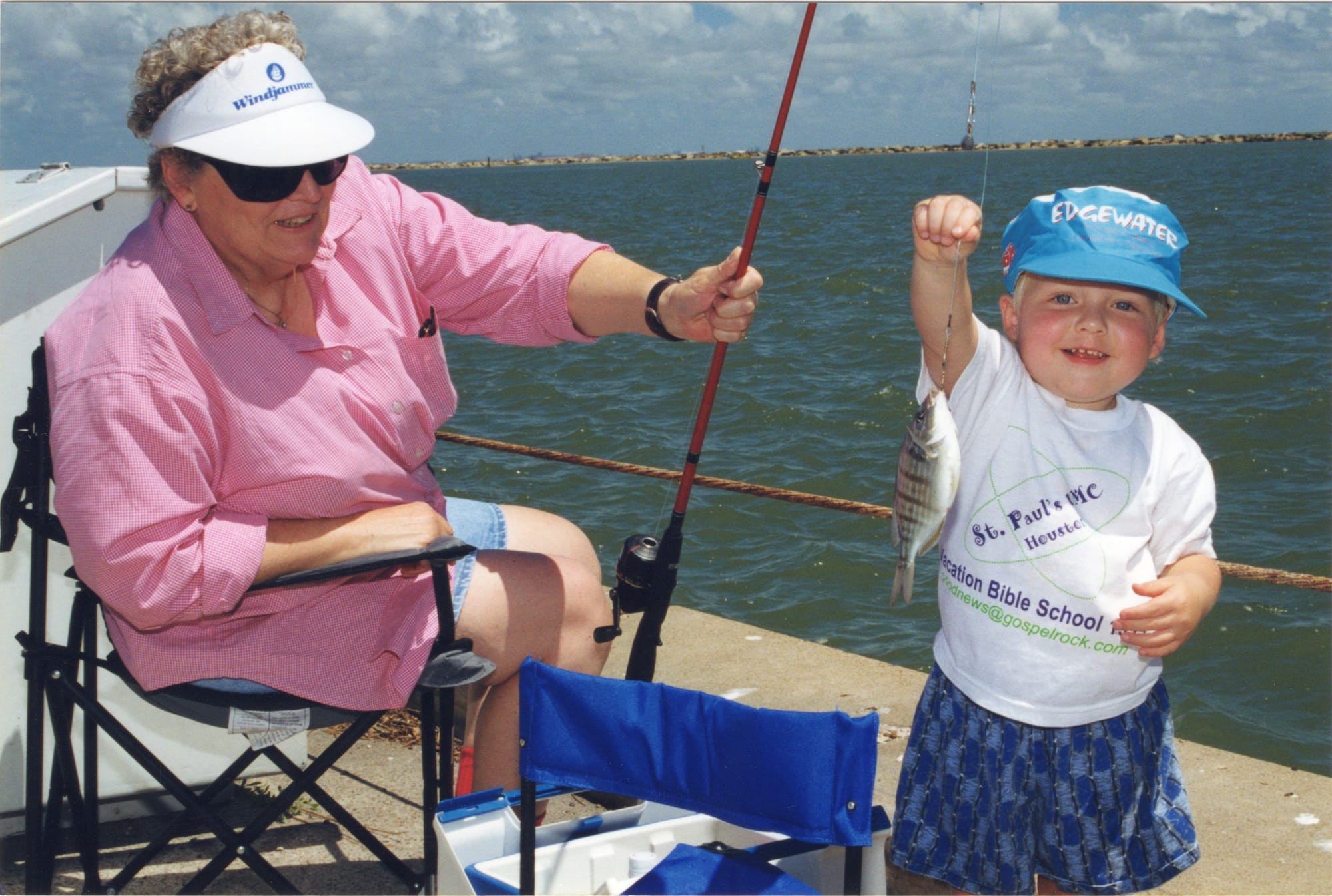
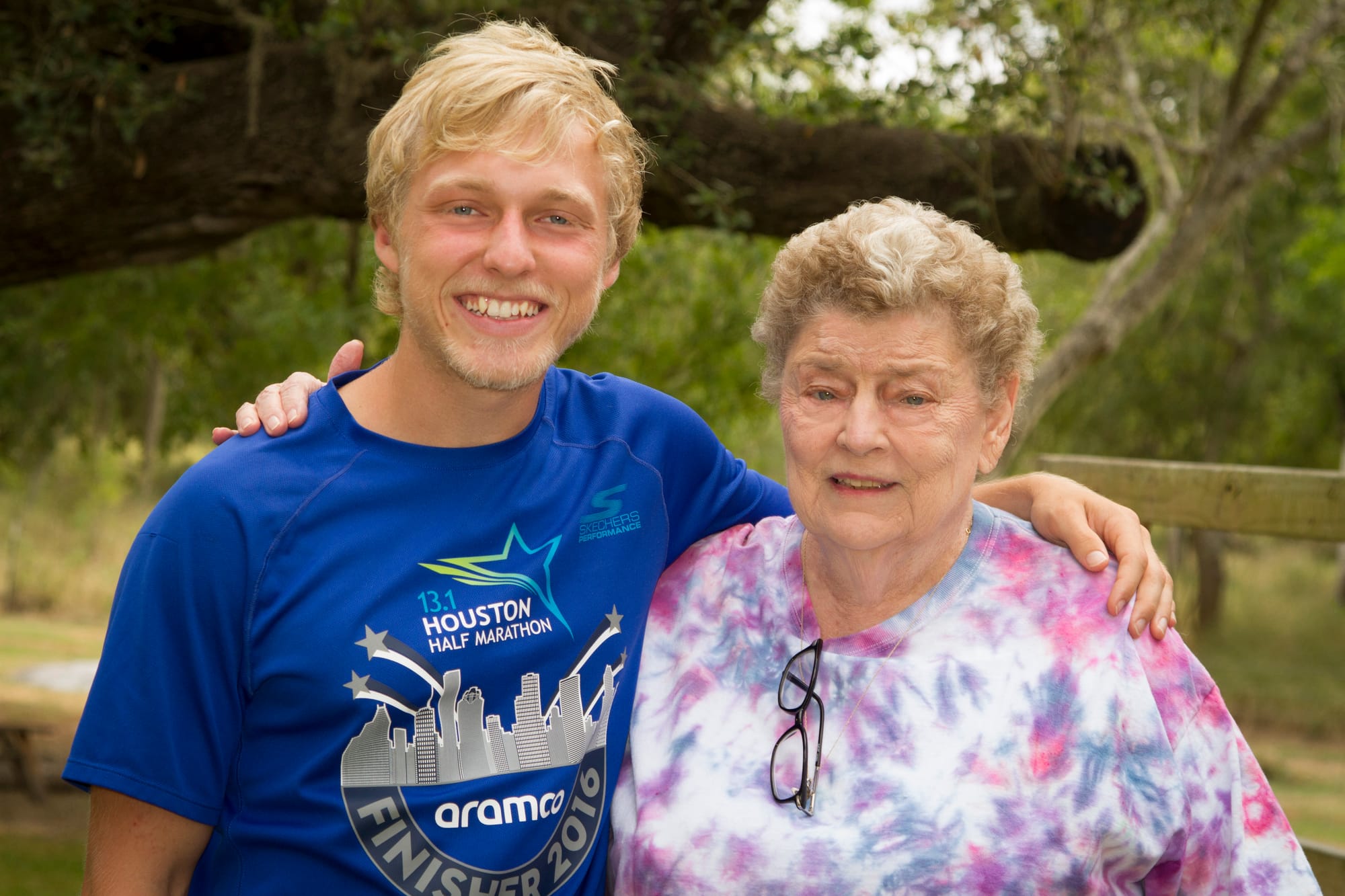
Mom, where did you get that wig?? Around 1970, taken with my first camera, I'm sure, a Kodak Instamatic. • My son with "Nonnie," on an early fishing trip. • Nonnie w/ my son, in her later years before dementia took hold.
Nonnie's dementia progressed, like many others, at an incredibly slow pace. The forgetfulness and confusion became more noticeable in her conversations, finally to the point that she would repeat a question over and over, minutes apart. A phone conversation would be "So, what's going on?" You might answer something about the kids or the bad weather, and a moment later she would ask, "What's been going on?" At some point, current events became too complicated for her, and this was a woman who loved to read the newspaper every day and kept a steady stream of novels and magazines in front of her. My sister kept the Nature Channel or cooking shows on the TV. They could repeat, and it wouldn't matter. She recognized me, though my visits were infrequent, for longer than I thought she would. But there came a time when she would need to be prompted, and she finally did not know who I was. For a while, showing old pictures would help, and she might enjoy music from an old Broadway musical, but those things would fade, too. One of the effects is "Sundowner's Syndrome." Memory patients do better in the morning, often able to hold simple conversations, but by nightfall, they are completely confused and sometimes agitated. For Nonnie, this is the time that she might wander in, peek her head out of the window, and ask, "Where are the kids? They were here just a few minutes ago."
We all play a quiet game with ourselves, and it's a bit strange, a bit absurd, and perfectly human. We ask ourselves, "Would I want to go with a physical illness, even if that meant long-term pain? Or would I want to succumb to dementia, though it meant a total loss of my mind and memory?" I told you that it's a ridiculous choice. Spoiler alert, they're both pretty horrible. Spoiler alert 2, you don't get that choice.
And is it a total loss of the mind? My mom "took to the bed" a couple of weeks before the end. She got up once or twice with much assistance to use the bathroom, (once she got up when no one was around and fell... it was to the soft carpet, so she just went to sleep there.) Other times, she would sit up for one or two minutes. She might mumble something incomprehensible, or maybe a nonsensical sentence fragment. Until she said a couple things that were fairly clear.
"I’m ready to go to sleep for a very long time," she said her last week. "What are dreams?" she wanted to know.
And the day before she passed, "Are we supposed to die?" We were taken aback, and then answered that if she was ready, she could.
Her body was gaunt, she probably weighed no more than 80 lbs. It was almost frightening to see this once strong, vibrant, funny woman reduced to this. This woman, in many ways, saved my life and made what might have been an impossible childhood not just bearable, but also exciting and worthwhile. She was nurturing and sympathetic when I needed it, and a bit of an ass-kicker when I needed that. If there is anything at all good about me, it came directly from her.
Sitting with her near the end, I told myself that she had left long ago, that this was a ghost, wondering what to do. Worried about the kids. Wondering if she should go.
The kids are all here, Mom. They're safe and in their beds. Take your rest.
She passed peacefully in her sleep on the morning of May 20th.